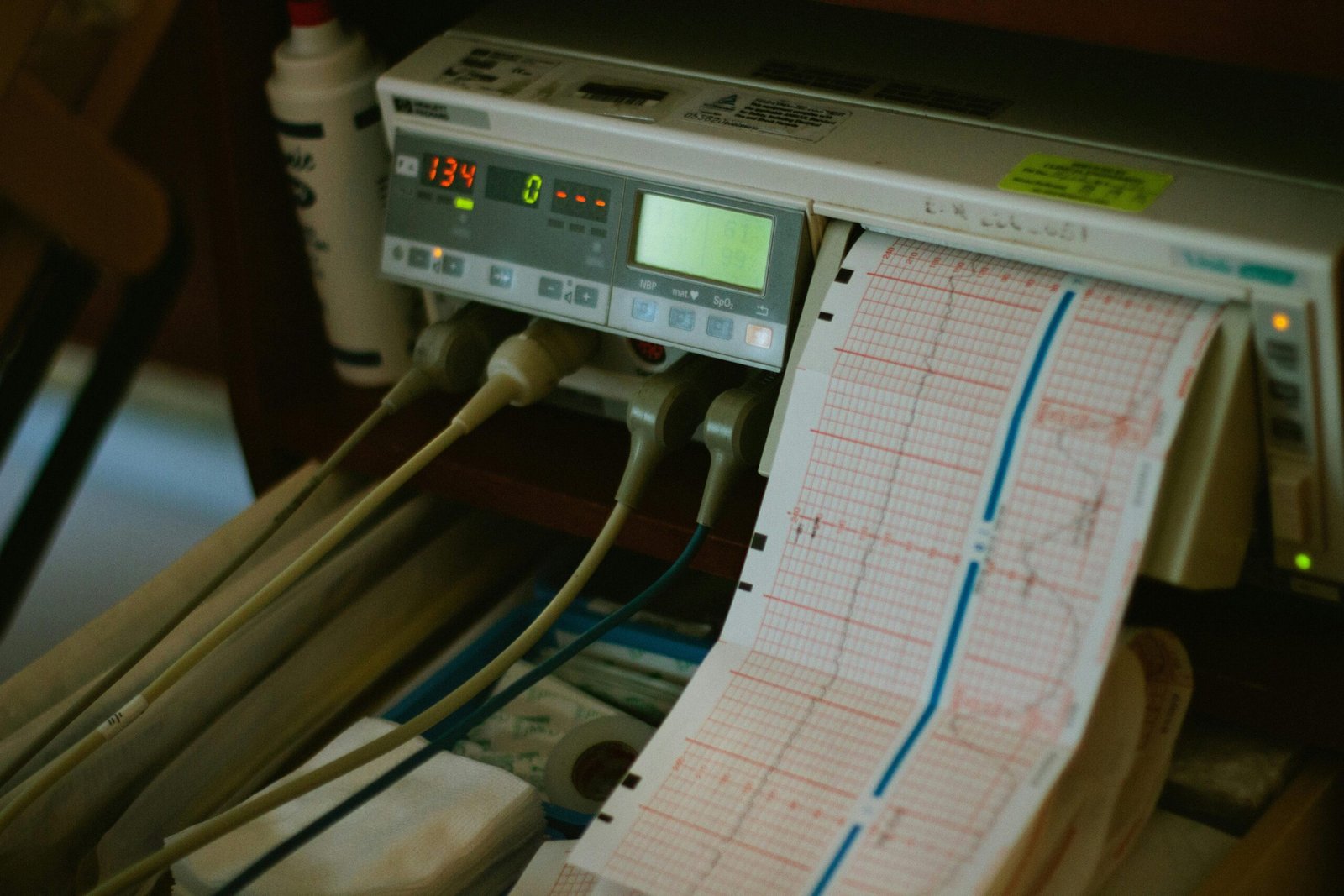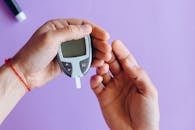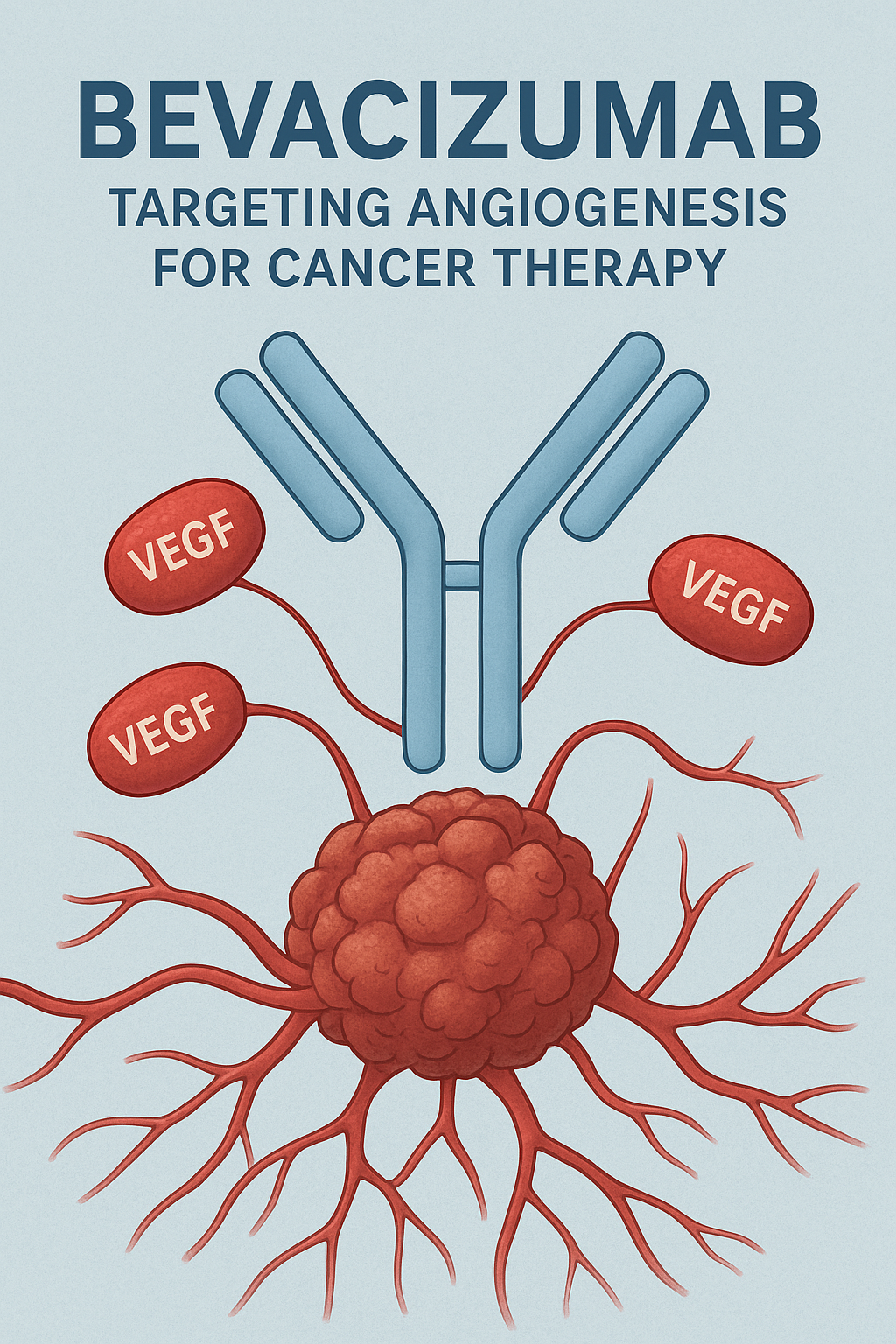-
Adrenochrome Explained: Biochemistry, Medical Reality, and the Truth Behind Viral Myths

Adrenochrome Explained: Biochemistry, Medical Reality, and the Truth Behind Viral Myths Introduction In recent years, the term adrenochrome has surged across social media platforms, blogs, and video content—often framed as a mysterious substance linked to power, youth, secret elites, and even real-world criminal cases. What makes adrenochrome particularly dangerous as a topic of misinformation is
-
Tideglusib: Uses in Periodontal Regeneration, Bone Healing & Future Dental Therapies

Tideglusib: A Next‑Generation GSK‑3β Inhibitor for Periodontal Regeneration and Bone Healing Introduction Tideglusib, a small‑molecule irreversible inhibitor of glycogen synthase kinase‑3 beta (GSK‑3β), is widely known for its investigation in neurological disorders. However, over the last decade, this molecule has gained remarkable attention in dentistry, particularly in the fields of periodontal regeneration, alveolar bone repair,
-
New Year Party Detox: A Complete Guide to Heal Your Body After Alcohol, Smoking & Junk Food

New Year Party Detox: A Complete Guide to Heal Your Body After Alcohol, Smoking & Junk Food New Year celebrations mark fresh beginnings, happiness, and social bonding. However, for many people, these celebrations also involve excessive alcohol intake, smoking, junk food consumption, irregular sleep, and dehydration. While these habits may last only a few days,
-
Treadmill Test (TMT): Purpose, Procedure, Indications, Interpretation, and Clinical Significance

Treadmill Test (TMT): Purpose, Procedure, Indications, Interpretation, and Clinical Significance Introduction The Treadmill Test (TMT), also known as the Exercise Stress Test (EST) or Cardiac Stress Test, is a widely used non-invasive diagnostic test that evaluates how the heart responds to physical stress. It plays a crucial role in the early detection of coronary artery
-
2D Echo Test (Echocardiography): Uses, Procedure, Normal Values, Cost, and Clinical Importance

2D Echo Test (Echocardiography): Uses, Procedure, Normal Values, Cost, and Clinical Importance Introduction Heart diseases are among the leading causes of morbidity and mortality worldwide. Early diagnosis and timely monitoring play a crucial role in preventing serious cardiac complications. One of the most reliable, non-invasive, and widely used diagnostic tools for heart evaluation is the
-
The Ultimate Guide to Glucometers: Types & Uses Explained

The Ultimate Guide to Glucometers: Types & Uses Explained Monitoring blood glucose is one of the most essential steps in managing diabetes. A glucometer, also called a blood glucose meter (BGM), is a portable medical device that measures the concentration of glucose in a drop of blood. It enables patients, caregivers, doctors, and diabetes educators
-
Mounjaro Injection (Tirzepatide): Uses, Dosage, Benefits, Side Effects & more
Mounjaro Injection (Tirzepatide): Uses, Dosage, Benefits, Side Effects & more Introduction Diabetes and obesity are two of the fastest-growing health challenges in the world today. With modern lifestyles, sedentary habits, and unhealthy eating patterns, millions of people are affected by uncontrolled blood sugar and weight-related disorders. To address these rising concerns, science has been continuously
-
Benefits of Walking for Heart and Diabetic Patients
Benefits of Walking for Heart and Diabetic Patients Introduction In today’s fast-paced world, lifestyle diseases like heart disease and diabetes are becoming increasingly common. Both conditions are heavily influenced by physical inactivity, unhealthy diet, and stress. However, the solution to preventing and managing these chronic illnesses doesn’t always lie in expensive treatments or gym memberships
-
Bevacizumab Explained: Structure, Mechanism of Action, Clinical Uses, and Side Effects

Bevacizumab Explained: Structure, Mechanism of Action, Clinical Uses, and Side Effects Introduction Bevacizumab, marketed primarily under the brand name Avastin®, is a recombinant humanized monoclonal antibody that inhibits vascular endothelial growth factor (VEGF). By blocking angiogenesis—the formation of new blood vessels—Bevacizumab effectively starves tumors of their blood supply, slowing their growth and metastasis. Initially approved
-
Fluconazole: Mechanism, Clinical Uses, Dosage, Side Effects, and Precautions

Fluconazole: Mechanism, Clinical Uses, Dosage, Side Effects, and Precautions Introduction Fluconazole is a widely used antifungal medication belonging to the triazole class. Since its introduction in the early 1990s, it has become a cornerstone in the management of systemic and superficial fungal infections due to its excellent oral bioavailability, favorable pharmacokinetics, and broad antifungal spectrum.
Search
Recent Posts
- Adrenochrome Explained: Biochemistry, Medical Reality, and the Truth Behind Viral Myths
- Tideglusib: Uses in Periodontal Regeneration, Bone Healing & Future Dental Therapies
- New Year Party Detox: A Complete Guide to Heal Your Body After Alcohol, Smoking & Junk Food
- Treadmill Test (TMT): Purpose, Procedure, Indications, Interpretation, and Clinical Significance
- 2D Echo Test (Echocardiography): Uses, Procedure, Normal Values, Cost, and Clinical Importance
Categories
- Biochemistry
- Biostatistics
- Biotechnology
- Blogs
- Chemistry
- Community Pharmacy
- Diagnostic tests
- Disease & Conditions
- Drug Index
- Featured Blog
- Hospital Pharmacy
- Human Anatomy And Physiology
- Inorganic Chemistry
- Lifestyle & Wellness
- Medicinal Chemistry
- Microbiology
- Miscellaneous
- Novel Drug delivery Systems
- Organic Chemistry
- Pathophysiology
- Pharma Instruments & Devices
- Pharma News & Updates
- Pharma Updates
- Pharmaceutical Analysis
- Pharmaceutical Jurisprudence
- Pharmaceutics
- Pharmacognosy
- Pharmacology
- Pharmacy
- practice mcq
- Previous Question Papers
- Social Pharmacy
- Study Material
Archive
- February 2026 (1)
- January 2026 (1)
- December 2025 (5)
- November 2025 (1)
- October 2025 (1)
- September 2025 (7)
- August 2025 (7)
- July 2025 (6)
- June 2025 (9)
- May 2025 (9)
- April 2025 (10)
- March 2025 (13)
- February 2025 (13)
- January 2025 (20)
- December 2024 (48)
- November 2024 (49)
- October 2024 (64)
- September 2024 (62)
- August 2024 (58)
- July 2024 (56)
- June 2024 (25)
- May 2024 (17)
- April 2024 (19)
- March 2024 (21)
- February 2024 (18)
- January 2024 (24)
- December 2023 (13)
Tags
biochemistry bpharmacy third semester Construction free practice mcq inorganic chemistry microbiology microbiology mcq pathophysiology Pharmaceutical Engineering pharmaceutics Pharmacology pharmacy practice mcq physical pharmaceutics physical pharmaceutics 2 practice MCQ for govt pharmacist exam






